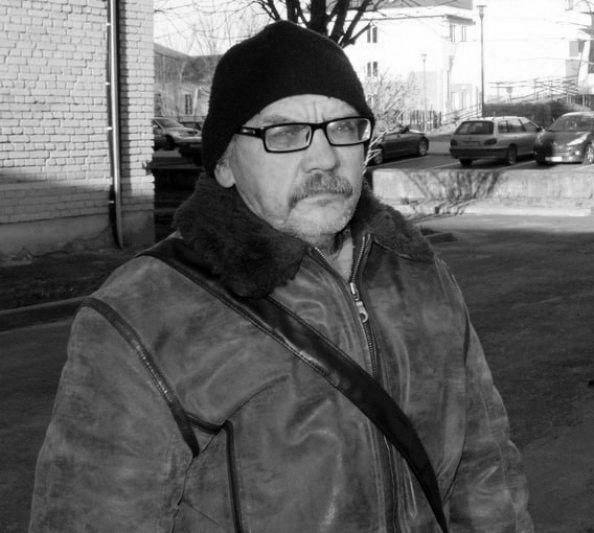Opaque state investment and repression of dissidents continue
 The situation got worse
The situation got worse

The regime continues to depoliticise society with brutal repression and torture of dissidents. Lukashenka’s state continues to isolate itself from society, withholding public access to information about state finances and opaque investment schemes.
Restrictions on small and medium-sized businesses and an increasing tax burden cause dissatisfaction among entrepreneurs. However, the cost of protest has increased disproportionately, rendering feedback between businesses and the government ineffective. The Lukashenka regime forces entrepreneurs to adapt to deteriorating conditions or relocate abroad. The government considers small and medium-sized businesses as one of the most disloyal groups of the population.
The government continues to mitigate the effects of Lukashenka’s economic intervention and adapt price regulation mechanisms.
Significant state investments, probably involving opaque Chinese loans, continue, including resuming a project to build a new potash plant.
“Belarusbank”, “Belagroprambank”, and “Belinvestbank” have ceased publishing annual financial statements on their websites.
The authorities continue their campaign to demotivate protest movement activists as defendants in the NEXTA case are sentenced to prison terms of 8 to 20 years in an “enhanced” regime penal colony. Human rights activists claim that the torture of prisoners has increased as the authorities publicised a video of 74 Belarusians detained during purges of dissidents.
Preparations for local council and the National Assembly elections are underway. The Central Election Commission (CEC) is developing a plan to ensure the security of election organisers.
Elements of the nomenklatura are strengthening their positions and aligning with the newly formed Belya Rus party, recently registered with the Ministry of Justice. The new party’s leadership expects to field candidates for local council and parliamentary elections.
Subscribe to our newsletter




Situation in Belarus
Constitutional referendum: main consequences


 Video
Video
How to count the political prisoners: are the new criteria needed?


 Video
Video
Paternalism In Decline, Belarusian Euroscepticism, And The Influence Of Russia


 Video
Video












